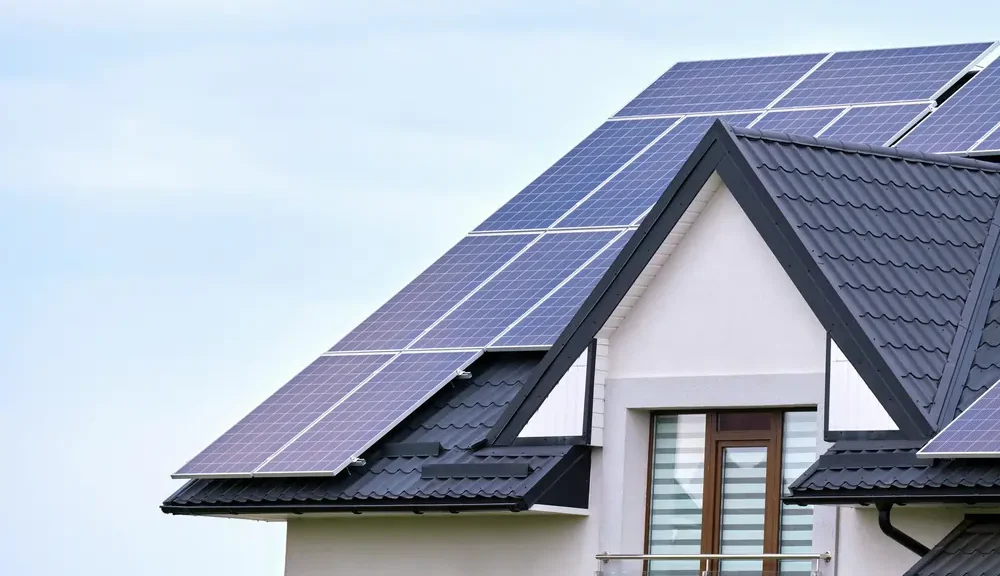As more homeowners and businesses turn to solar energy, maximizing the efficiency of solar panels becomes crucial to get the best return on investment. Whether you are new to solar energy or looking to improve the performance of your existing system, understanding how to enhance solar panel efficiency can significantly boost your energy savings. In this blog, we’ll explore various tips and best practices to help you maximize your solar investment.
Understanding Solar Panel Efficiency
Solar panel efficiency refers to the ability of the panels to convert sunlight into usable electricity. Several factors affect this efficiency, including the type of solar panels, the quality of installation, and environmental conditions. Different types of solar panels offer varying levels of efficiency, with monocrystalline panels typically being the most efficient, followed by polycrystalline and thin-film panels.
Proper Installation Techniques
The installation process plays a vital role in the efficiency of your solar panels. Proper placement and orientation are critical. Panels should ideally face south (in the Northern Hemisphere) and be tilted at an angle that matches your latitude to capture the maximum amount of sunlight throughout the year. Working with professional installers ensures that your panels are placed optimally and securely.
Regular Maintenance and Cleaning
Maintaining your solar panels is essential for sustained efficiency. Dust, dirt, and debris can accumulate on the surface of the panels, reducing their ability to absorb sunlight. Regular cleaning can prevent this buildup. Depending on your location and the amount of dust or pollen in the air, you may need to clean your panels several times a year. Always follow the manufacturer’s guidelines or hire a professional cleaning service.
Utilizing Solar Monitoring Systems
Solar monitoring systems track the performance of your solar panels and alert you to any issues that may arise. These systems can provide real-time data on energy production, helping you identify and address inefficiencies quickly. By monitoring your system’s performance, you can ensure it operates at peak efficiency and catch potential problems before they become significant.
Energy Storage Solutions
Integrating energy storage solutions, such as batteries, can enhance the efficiency of your solar system. Batteries store excess energy produced during sunny periods, allowing you to use it when sunlight is insufficient, such as during the night or on cloudy days. This not only maximizes the use of your generated energy but also provides a reliable power source during outages.
Optimizing Energy Consumption
To get the most out of your solar panels, it’s essential to optimize your overall energy consumption. Implementing energy-saving practices, such as using energy-efficient appliances, installing smart thermostats, and optimizing insulation, can reduce your energy needs and ensure that your solar power goes further. Smart home integration can automate these processes, making it easier to manage your energy use effectively.
Government Incentives and Programs
Many governments offer incentives and programs to encourage the adoption of solar energy. These incentives can include tax credits, rebates, and grants that reduce the overall cost of your solar installation. Research available programs in your area and take advantage of these opportunities to maximize your investment.
Conclusion
Maximizing the efficiency of your solar panels involves a combination of proper installation, regular maintenance, smart energy consumption, and leveraging available incentives. By following these tips, you can ensure that your solar system operates at its best, providing you with significant energy savings and a higher return on your investment.




















